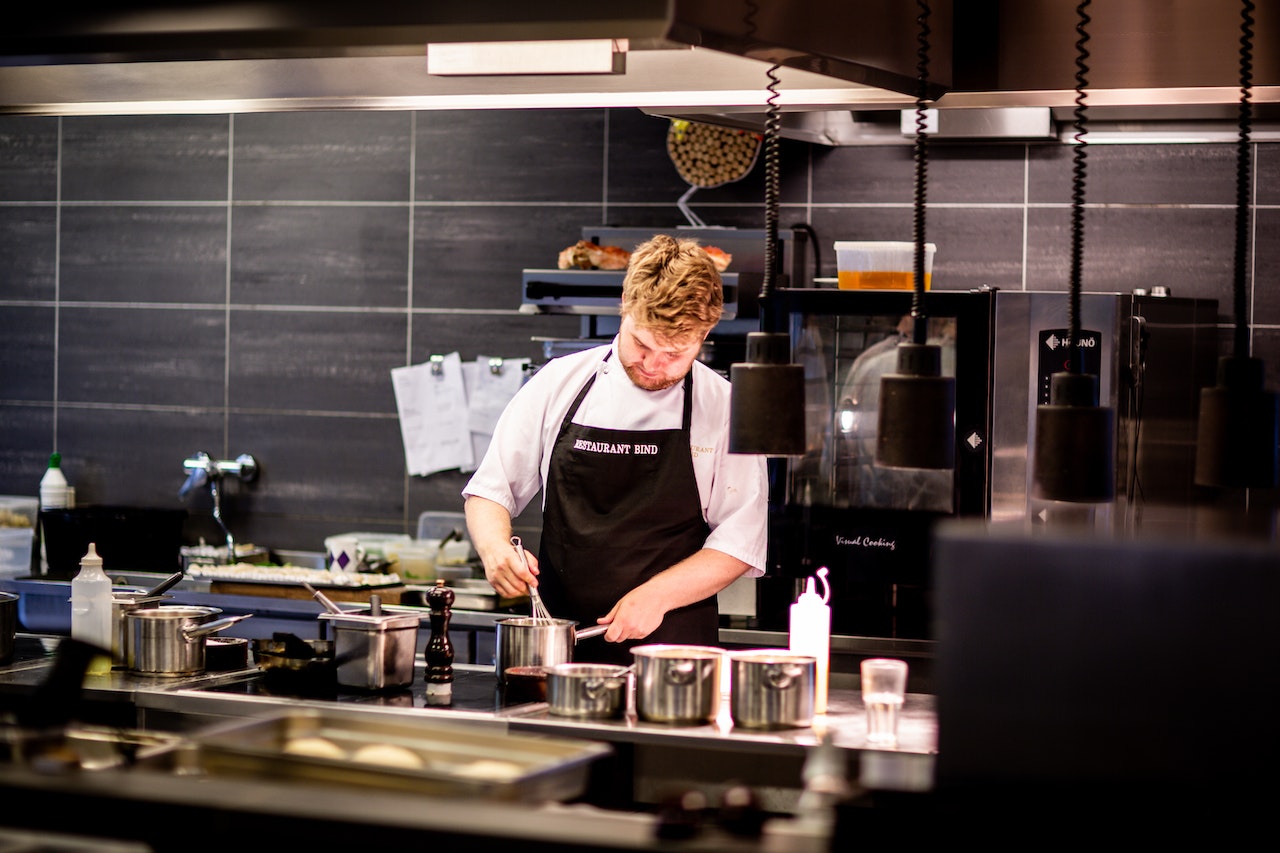The addition of a few simple spices may improve the nutritional value as well as the taste of even the most basic dishes. Experiment with different herbs, spices, and veggies to obtain the most significant results when cooking with spices.
In recent research, curcumin, an antioxidant and anti-inflammatory molecule in turmeric, has been demonstrated to offer several health benefits.
For example, traditional dishes, such as curries and stews, begin by adding heated cooking oil to spices. Depending on how you want to increase the flavor or nutritional value of your meals, some spices can be more efficient than others.
When Should You Use Spices in Your Cooking for Their Nutritional Value?
To get the most flavor out of the spices we are familiar with, we recommend using them throughout the cooking process and then finishing with a dusting of dry powdered spices. According to a study, it enhanced nutmeg’s ability to fight free radical activity by heating it to 365 degrees.
Several spices may be roasted before cooking to release their flavor-enhancing essential oils. Cinnamon and cloves have nutrients that can withstand high heat. Another fantastic way to create a balanced dinner every time is to add different spices at different phases of the cooking process.
Spices You Need to Keep on Hand at All Times
Since it’s unclear whether spices lose their flavor or potency when cooked, it’s best to use them as a finishing touch, such as dusting or garnishing the dish with a bit of turmeric or nutmeg. If you’re unsure what to add to your dishes, here are some spices you should keep on hand at all times:
- Cardamom: An increase in digestive function and potential benefits to the heart and liver have been attributed to cardamom. Season brown or basmati rice, citrus fruits, and curries with it, or use it as a coffee or tea flavoring agent. Use cardamom with yogurt and pickled vegetables, two familiar savory recipes.
- Cinnamon: Cinnamon has anti-inflammatory and anti-microbial effects and is a good source of antioxidants. In laboratory tests, the cancer-fighting abilities have been confirmed. Cinnamon may be used as a substitute for sugar in cooking. This is a great way to start the day with a nutritious meal. You may add it to your coffee, roast sweet potatoes, oatmeal, or banana slices.
- Turmeric: People with high cholesterol, hypertension, inflammation, and even depression may benefit from curcumin, a crucial component of turmeric. It has been presented to have anti-cancer properties in laboratory studies. Regardless of one’s age or health situation, turmeric is an excellent supplement to one’s diet.
- Ginger: The antioxidant and anti-inflammatory properties of ginger root are well known. In addition, it possesses anti-nausea and anti-bloating qualities and promotes healthy digestive health. To help digestion after a meal, steep a quarter-inch thick slice of the root in hot water and drink it at night.
Conclusion
There is no one-size-fits-all response to the query of when is the best time to use spices in the kitchen. The best time to use herbs will vary depending on the dish you’re preparing, your ingredients, and your personal preferences.
However, in general, it’s best to add spices towards the end of the cooking process so that they don’t lose their flavor and become muted. Experiment with different spice combinations and cooking times to find what works best for you.
Castle Foods is the place to go if you’re looking for high-quality spices, whether for personal or commercial usage. We are a supplier of herbs, capsicums, aromatics, seasonings, and spices in the USA, and we can provide you with everything you need to take your cuisine to the next level. Check out our product collection now!


